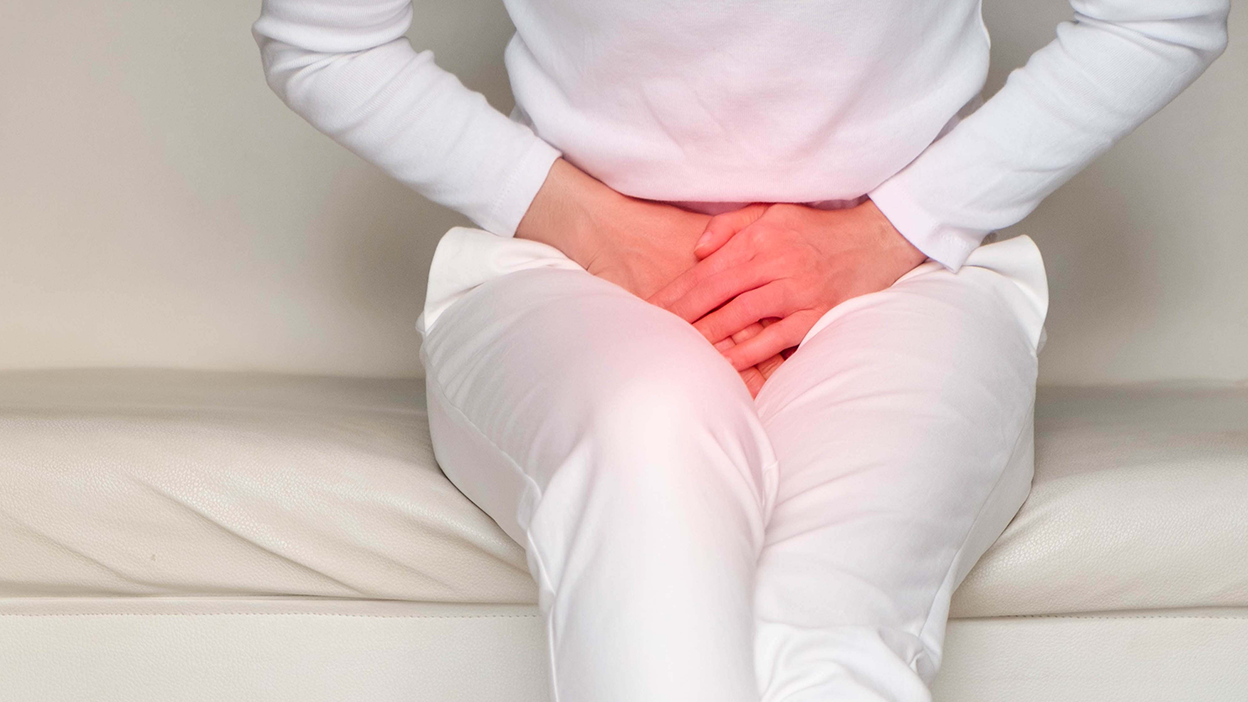What is menopause?
Intro
Menopause is a natural biological process that marks the end of a woman's menstrual cycles. It's diagnosed after a woman has gone 12 months without a menstrual period. Menopause can happen in your 40s or 50s, but the average age is 51.
This transition involves a decrease in the production of the hormones estrogen and progesterone by the ovaries, leading to the cessation of monthly ovulation and menstruation.
Article
Menopause is a natural biological process that marks the end of a woman's menstrual cycles. It's diagnosed after a woman has gone 12 months without a menstrual period. Menopause can happen in your 40s or 50s, but the average age is 51.
This transition involves a decrease in the production of the hormones estrogen and progesterone by the ovaries, leading to the cessation of monthly ovulation and menstruation. While it's a natural part of aging, menopause can also be induced by certain treatments such as chemotherapy, radiation therapy, or surgery that involves the removal of the ovaries.
Menopause can result in various symptoms, which can vary greatly from woman to woman. Common symptoms include:
- Hot flashes
- Night sweats
- Sleep disturbances/insomnia
- Vaginal dryness
- Mood changes, such as depression, anxiety, or irritability
- Weight gain and slowed metabolism
- Thinning hair and dry skin
- Loss of breast fullness
In addition to these symptoms, the post-menopausal period can carry an increased risk of certain conditions due to the reduced levels of estrogen. These include osteoporosis, heart disease, and changes in bladder and bowel function.
Menopause is a significant transition in a woman's life, and it's important to approach it with understanding and care. Many women find lifestyle changes, hormone therapy, and other treatments helpful in managing menopause symptoms. Always consult with your healthcare provider to develop the best plan for managing your menopause.







